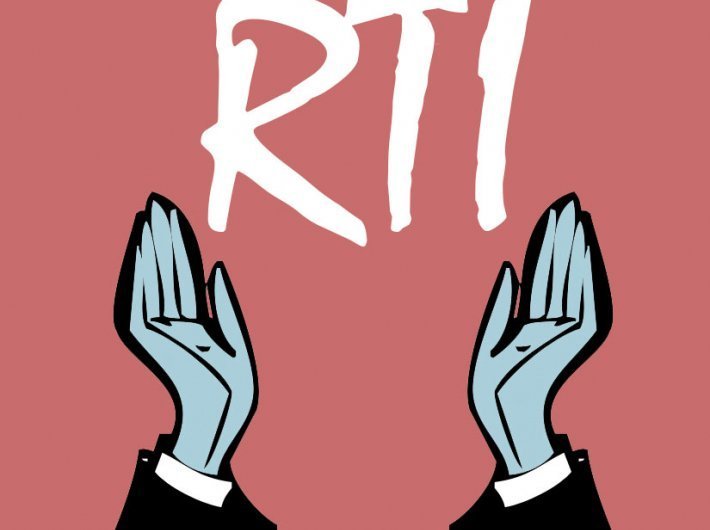There is considerable discontent amongst RTI users against the information commissions and commissioners for not delivering the fruits of the RTI Act. We have a law which directly empowers individual citizens and they are understandably concerned about getting its proper implementation. The political team mandated by the law – PM, Leader of Opposition and one Minister – cannot do this job by itself and are generally using the appointment of information commissioners as one more avenue for dispensing patronage. They also lack the time required for such an exercise. The political and bureaucratic establishment has been doling out favours in this manner for years in appointments for various commissions, Lokayuktas, police complaints authorities et al and are unable to understand this outcry and anger of citizens against appointments of information commissioners. There is a great need to introduce a transparent process for selecting the information commissioners, who are expected to oversee transparency.
There should be an insistence on public exposure for those who are interested in becoming information commissioners. Many information commissioners have no understanding or interest in transparency, or the RTI Act. This is an affliction which is true for many people in such positions. A transparent process for selection would lead to a better environment for the RTI Act implementation.
Firstly a set of criteria should be decided with desired traits, qualifications and experience. These should be available on websites.
The process I am suggesting is as follows:
A. The information commissions should set a target for disposals – over 6,000 cases per commissioner per year. (The present average is likely to be less than 3,000 per year. In Maharashtra eight commissioners disposed 20,000 cases in six months, whereas in Punjab ten commissioners dispose about 6000 cases in a year). An attempt should be made to increase this target number. A detailed list of eligibility should be made available giving essential and desirable qualifications, experience and knowledge. Commissioners must commit to settle cases in less than 90 days.
B. Every six months they should review the actual performance per commissioner and forecast the expected receipts and disposals for the next two years, factoring the retirements. This information should be displayed on their websites. This forecast would show the requirements for new commissioners to be appointed by taking into account the expected retirements.
C. The government should advertise its intention to appoint a certain number of information commissioners depending on the need, six months in advance. Eminent people could apply or be nominated by others.
D. A search committee, consisting of UPSC members or with some other composition, could be formed to shortlist a panel which could be three times the number of commissioners to be selected. These could be announced with the minutes of the meeting at which the shortlisting was done, and the evaluation.
E. An interview should be held by the search committee in public view, to give citizens and media the opportunity to hear the views and commitment to work of the candidates. Citizens could give their feedback and views to the search committee. After this the search committee could give its recommendation for two times the number of commissioners to be appointed. Based on these inputs, the final decision to select the commissioners could be taken by the committee as per the Act consisting of the PM, LoP and one minister.
Citizens will benefit if they could get the commissions to publish data on the performance of each commissioner monthly, and also build public opinion to lower the average age of the commissioners. At least half the information commissioners should be of an age less than sixty years. There are many RTI activists who have gained considerable understanding of the nuances of the law, and have a natural empathy for transparency. Some of them should be appointed as information commissioners. Another useful function which civil society groups could perform is to analyze all the decisions of each information commissioner each month continuously in a transparent manner. Together with this if volunteers could go and observe the hearings and also get feedback from participants, it could be added.
This would build pressure on those who may be giving errant decisions. Currently individual decisions are randomly criticized and this does not give a picture of the overall trend of a commissioner’s decisions. If we can get a transparent process for selecting commissioners and put continuous pressure on them for accountability, we will get much better results from our cherished Right to Information.
If this works well, it could be used as a model for selecting commissioners for various commissions. The commissions are designed as our checks and balances of democracy. Currently most of them are not delivering their expected functions effectively. Most of the commissions are becoming senior citizens clubs and most appointees look at their jobs as sinecures. The various commissioners – human rights, women’s, lokayuktas – are our checks and balances of democracy. We must ensure a proper process for their selection and vigilantly monitor their performance.
Shailesh Gandhi is a former central information commissioner.

